Oakes honored as distinguished professor
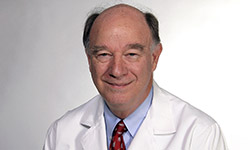 Department of Neurosurgery Professor W. Jerry Oakes, M.D., has been named a distinguished professor at UAB, one of the highest honors bestowed on a faculty member.
Department of Neurosurgery Professor W. Jerry Oakes, M.D., has been named a distinguished professor at UAB, one of the highest honors bestowed on a faculty member.
Join Our Email List
Once a month, the department sends a newsletter update that shares our advances in neurosurgery, the accomplishments of our faculty, staff, and trainees, and human interest stories from our department and alumni. We hope that you will stay connected and subscribe below.
Mark E. Ogilvie, M.D., joins department as endovascular fellow
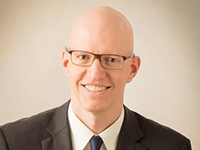
The Department of Neurosurgery welcomes Mark E. Ogilvie, M.D., as an endovascular fellow, effective July 2021.
Read moreHadley featured in UAB MedCast
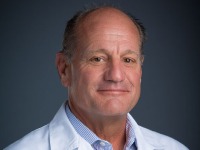 Professor Mark Hadley, M.D., highlights a comprehensive and compassionate approach to patient evaluation and assessment of patients with spinal disorders. He offers his thoughts on aggressive medical management and what that may include, since many patients will not actually need surgery. Dr. Hadley also emphasizes follow-up care that includes a variety of imaging.
Professor Mark Hadley, M.D., highlights a comprehensive and compassionate approach to patient evaluation and assessment of patients with spinal disorders. He offers his thoughts on aggressive medical management and what that may include, since many patients will not actually need surgery. Dr. Hadley also emphasizes follow-up care that includes a variety of imaging.
Hello, goodbye 2021: Neurosurgery Residency
More than 1,200 interns, residents and fellows train in every medical specialty at the University of Alabama at Birmingham and at regional campuses in Montgomery, Huntsville, Tuscaloosa and Selma. Each year, a class of trainees graduate and a new class joins UAB, setting off on their trainee experience, whether it be a one-year fellowship program or a seven-year residency.
Read moreFaculty continue to reach higher, pursue masters
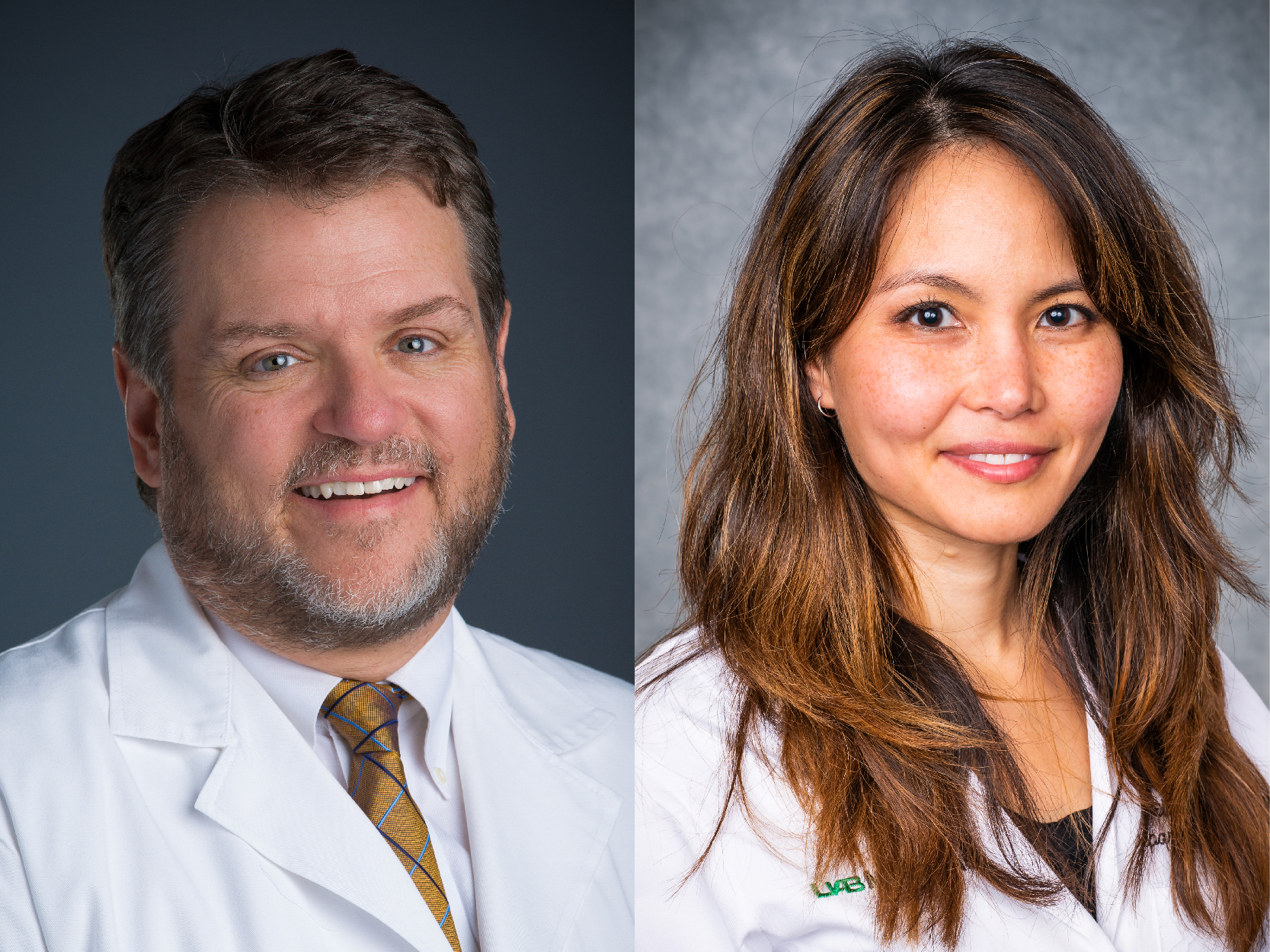 Training to become a neurosurgeon takes 11-13 years, from medical school to residency followed by a subspecialty fellowship for many. Then, during the decades of their neurosurgical career, neurosurgeons typically work very long hours, covering on-call emergency cases, and perform intricate and complex surgeries in high stakes areas that can last up to 15 hours or more in some cases.
Training to become a neurosurgeon takes 11-13 years, from medical school to residency followed by a subspecialty fellowship for many. Then, during the decades of their neurosurgical career, neurosurgeons typically work very long hours, covering on-call emergency cases, and perform intricate and complex surgeries in high stakes areas that can last up to 15 hours or more in some cases.
Save the Date: 2021 Galbraith Scientific Session and Lecture
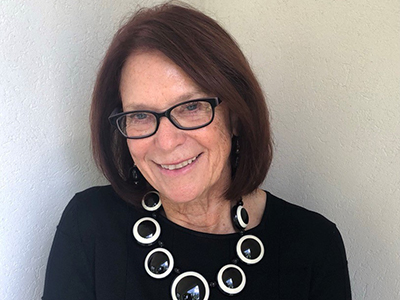 Save the date for the 38th Annual J. Garber Galbraith, M.D., Scientific Session and Lecture, Friday, November 12, 2021, featuring Adjunct Professor and Director of Clinical Research, Beverly C. Walters, MD, MSc, FRCSC as this year's speaker.
Save the date for the 38th Annual J. Garber Galbraith, M.D., Scientific Session and Lecture, Friday, November 12, 2021, featuring Adjunct Professor and Director of Clinical Research, Beverly C. Walters, MD, MSc, FRCSC as this year's speaker.
Department celebrates AAPI month
 The Department of Neurosurgery would like to recognize the month of May as Asian American and Pacific Islander (AAPI) Heritage Month.
The Department of Neurosurgery would like to recognize the month of May as Asian American and Pacific Islander (AAPI) Heritage Month.
Joyner joins Department of Neurosurgery as communications specialist
The Department of Neurosurgery welcomes its new communications specialist this month, Aubrey Joyner. Prior to this position, Joyner worked in the UAB Department of Medicine as a communications coordinator.
Read morePublished in NEJM, UAB study shows signs of clinical effectiveness of G207 for pediatric brain tumors
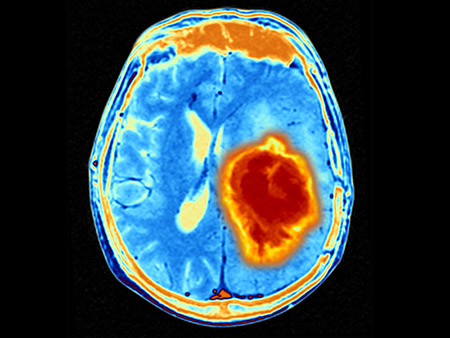 A modified herpes virus, alone and in combination with radiation, has been shown to be well tolerated with early signs of clinical effectiveness in pediatric patients with high-grade brain tumors, or gliomas, according to findings from researchers at the University of Alabama at Birmingham and Children’s of Alabama. The findings were presented at the virtual American Association for Cancer Research Annual Meeting 2021, held April 10-15 and published online in the New England Journal of Medicine on April 10.
A modified herpes virus, alone and in combination with radiation, has been shown to be well tolerated with early signs of clinical effectiveness in pediatric patients with high-grade brain tumors, or gliomas, according to findings from researchers at the University of Alabama at Birmingham and Children’s of Alabama. The findings were presented at the virtual American Association for Cancer Research Annual Meeting 2021, held April 10-15 and published online in the New England Journal of Medicine on April 10.
Brain tumors are the most common solid tumor in children, and aggressive types like glioblastoma have an extremely low survival rate: as low as 10 percent five years after diagnosis. Even tumors successfully treated by surgery, radiation and/or chemotherapy have a high recurrence rate.
“This is the first study utilizing delivery of a viral immunotherapy directly into the tumor of children with brain tumors, and the results indicate the engineered herpes virus can be delivered safely into tumors located in all areas of the cerebrum in children,” said Gregory Friedman, M.D., professor in the Department of Pediatrics at UAB, research scientist at the UAB O’Neal Comprehensive Cancer Center, and director of developmental therapeutics for the Alabama Center for Childhood Cancer and Blood Disorders at UAB and Children’s of Alabama. “The key findings thus far are that the approach is safe and well tolerable, and the preliminary evidence of efficacy is promising.”
In the Phase 1 clinical trial of 12 patients between 7 and 18 years of age, the investigators employed a modified virus known as G207, derived from the herpes virus responsible for cold sores. The virus is genetically altered so that it infects only tumor cells. When injected into a malignant brain tumor via a catheter, the virus enters the tumor cells and replicates. This kills the cell and releases the virus’s progeny to hunt out other tumor cells. Additionally, the virus induces a strong immune response by the body’s immune system, which can attack the tumor. The trial tested G207 alone and then combined with a single low-dose of radiation designed to increase virus replication and spread throughout the tumor.
G207 is the product of more than 30 years of research. James Markert, M.D., MPH, chair of the UAB Department of Neurosurgery, was part of the team at Massachusetts General Hospital in the early 1990’s that first developed the concept of using oncolytic herpes viruses. He worked on the parent virus for G207 and conducted the first clinical study of G207 at UAB. Today the use of viral therapies is under investigation for nearly every type of cancer.
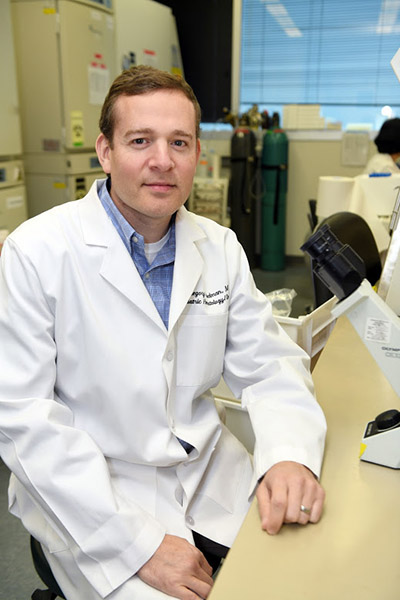 Gregory Friedman, M.D.A second-generation virus, called M032, has been developed by Markert and collaborators Yancey Gillespie, Ph.D., professor of neurosurgery, and Richard Whitley, M.D., Distinguished Professor of pediatric infectious disease, and is in clinical trials at UAB in adults with glioblastoma. UAB investigator Renee Chambers, DVM, M.D., is using M032 in a study of brain tumors in dogs, which can develop tumors very similar to those in humans.
Gregory Friedman, M.D.A second-generation virus, called M032, has been developed by Markert and collaborators Yancey Gillespie, Ph.D., professor of neurosurgery, and Richard Whitley, M.D., Distinguished Professor of pediatric infectious disease, and is in clinical trials at UAB in adults with glioblastoma. UAB investigator Renee Chambers, DVM, M.D., is using M032 in a study of brain tumors in dogs, which can develop tumors very similar to those in humans.
In the current trial, 11 of the 12 patients demonstrated a treatment response. The overall survival rate was more than double the typical survival rate for children with high-grade glioma. Some 36 percent of the patients thus far have survived longer than 18 months, surpassing the medial overall survival for newly diagnosed patients with high-grade glioma.
Friedman’s team reports that G207 alone or in combination with radiation therapy was well tolerated, with no serious adverse side effects attributed to the treatment.
“There are still more studies needed; but thus far, viral immunotherapy with several different viruses, including herpes virus, has shown promise in treating high-grade brain tumors in both adults and children,” Friedman said. “We also have an ongoing clinical trial to test the safety of G207 when delivered into the cerebellum, an area of the brain that has not been tested before in adults or children but is the most common location for pediatric tumors to arise.”
Friedman says the next steps are to determine the ideal timing to treat patients and what therapies can be used with viral immunotherapy to maximize the anti-tumor immune response. Based on the encouraging Phase 1 trial results, he and his team are working with the Pediatric Brain Tumor Consortium to develop a multi-institutional Phase 2 trial of G207 for progressive pediatric high-grade glioma, which they hope to initiate later this year.
The study was supported by the United States Food and Drug Administration Orphan Products Clinical Trials Grants Program, Cannonball Kids’ Cancer Foundation, the Rally Foundation for Childhood Cancer Research, Hyundai Hope on Wheels, St. Baldrick’s Foundation, and the Kaul Pediatric Research Institute. G207 was provided by Treovir, LLC.
Friedman is supported, in part, by contracts between UAB and Eli Lilly and Co. and Pfizer. Markert and Whitley have financial interests in Treovir, LLC, which provided G207 for the trial. They were not involved in any aspect of the conduct or data analysis of the study.
Source: UAB News
Blount to serve on SOM Faculty Council Committee
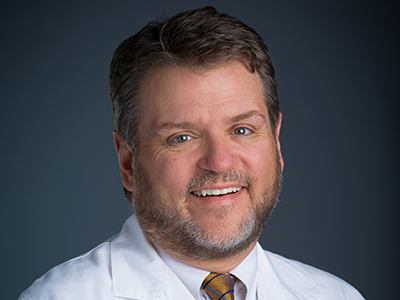 Jeffrey Blount, M.D, MPH., professor and director of the Division of Pediatric Neurosurgery, was nominated by the Department of Neurosurgery and chosen by the Dean of the School of Medicine (SOM) to serve on the SOM Faculty Council Committee.
Jeffrey Blount, M.D, MPH., professor and director of the Division of Pediatric Neurosurgery, was nominated by the Department of Neurosurgery and chosen by the Dean of the School of Medicine (SOM) to serve on the SOM Faculty Council Committee.
Rocque and Lepard present update on Vietnam pilot project
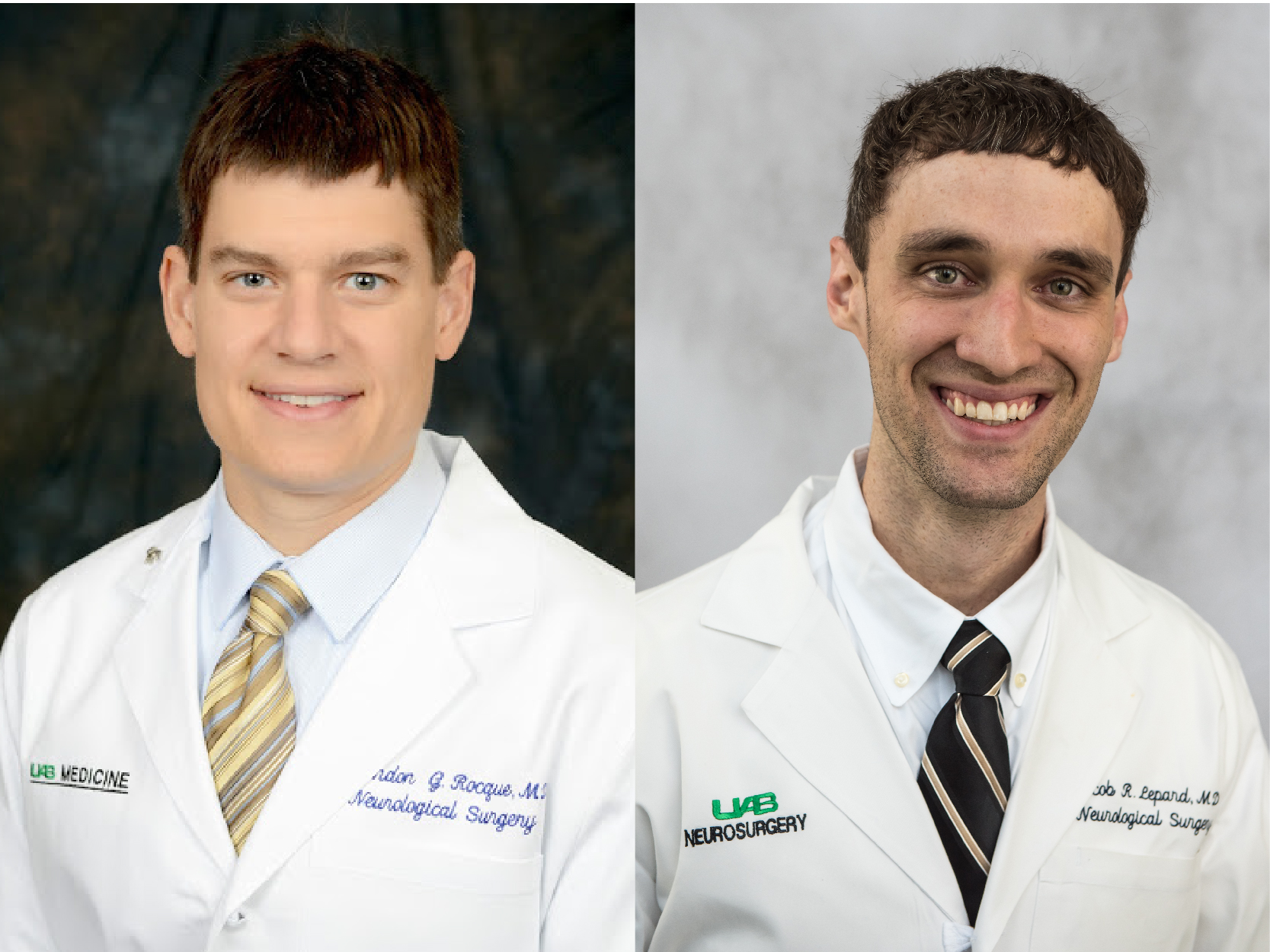 Associate Professor Brandon Rocque, M.D., and Neurosurgery Resident Jacob Lepard, M.D., presented an update on their project, “Incidence and Risk Factors of Pediatric Hydrocephalus and Spina Bifida in Vietnam” in March.
Associate Professor Brandon Rocque, M.D., and Neurosurgery Resident Jacob Lepard, M.D., presented an update on their project, “Incidence and Risk Factors of Pediatric Hydrocephalus and Spina Bifida in Vietnam” in March.
Residency program welcomes three new trainees
 After a successful Match Day 2021, the Neurosurgery Residency program will welcome three new trainees this summer.
Read more
After a successful Match Day 2021, the Neurosurgery Residency program will welcome three new trainees this summer.
Read more
Bentley passes boards, welcomes baby, and receives K23 grant
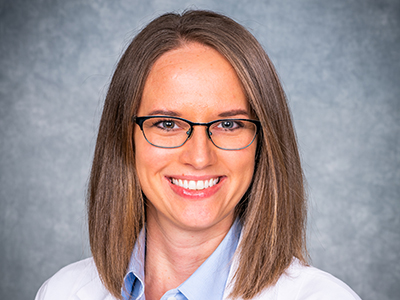 In honor of Women’s History Month, the Department of Neurosurgery is highlighting a woman faculty member who has accomplished three major personal and professional milestones. Assistant Professor Nicole Bentley, M.D. passed her boards, welcomed baby boy James Price Bentley, and received a K23 grant all within three short months.
In honor of Women’s History Month, the Department of Neurosurgery is highlighting a woman faculty member who has accomplished three major personal and professional milestones. Assistant Professor Nicole Bentley, M.D. passed her boards, welcomed baby boy James Price Bentley, and received a K23 grant all within three short months.
Department announces new Radiosurgery Fellowship
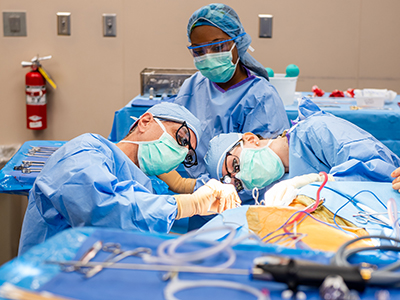 The Department of Neurosurgery has been awarded the opportunity to start a new, one-year, Radiosurgery Fellowship.
The Department of Neurosurgery has been awarded the opportunity to start a new, one-year, Radiosurgery Fellowship.
UAB Neurosurgery encourages residents to pursue advanced degrees
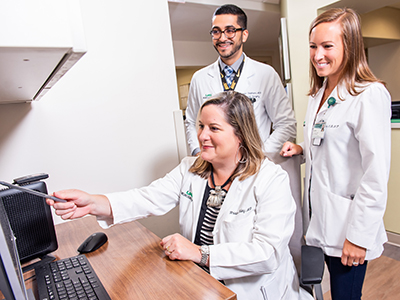 UAB boasts a highly competitive and sought-after neurosurgery residency program. This seven-year residency is dedicated to the clinical, surgical, research and professional development of residents.
UAB boasts a highly competitive and sought-after neurosurgery residency program. This seven-year residency is dedicated to the clinical, surgical, research and professional development of residents.
Markert named president-elect of the AAcNS
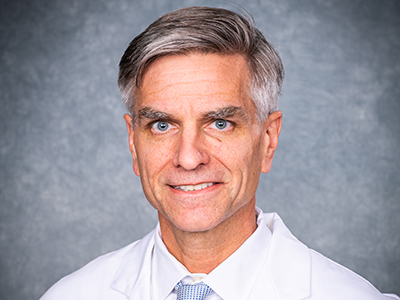 James Garber Galbraith Endowed Chair of Neurosurgery James Markert, M.D., MPH, was elected president-elect of the American Academy of Neurological Surgery (AAcNS) for 2020-2021.
James Garber Galbraith Endowed Chair of Neurosurgery James Markert, M.D., MPH, was elected president-elect of the American Academy of Neurological Surgery (AAcNS) for 2020-2021.
UAB Neurosurgery faculty, staff honored for years of service
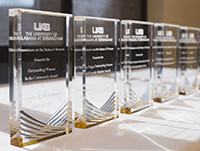 Six Department of Neurosurgery faculty and staff are celebrating at least 10 years of service with the university.
Six Department of Neurosurgery faculty and staff are celebrating at least 10 years of service with the university.
Harrigan and Liptrap discuss carotid stenosis
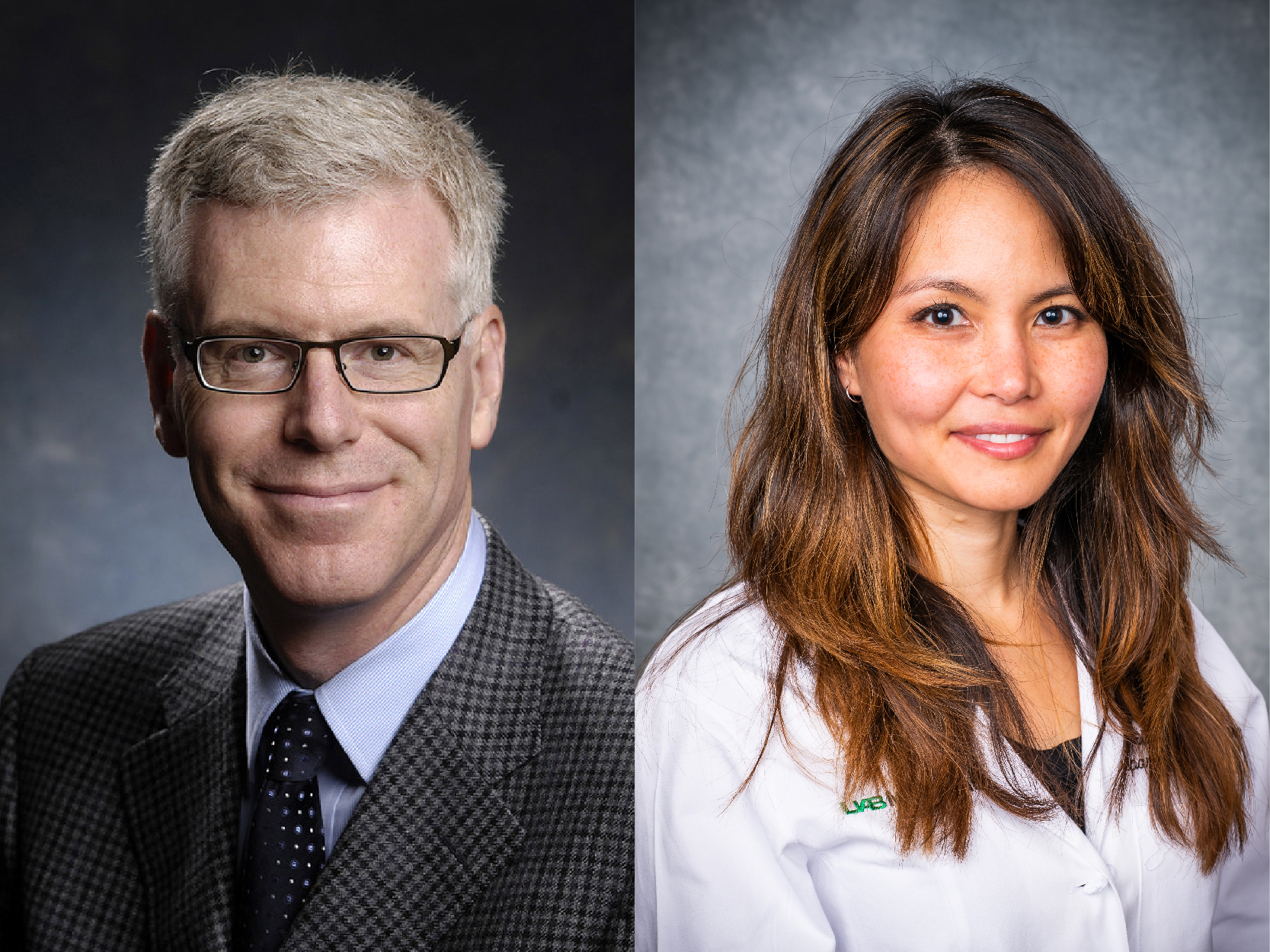 Department of Neurosurgery Professor Mark Harrigan M.D., and Assistant Professor Elizabeth Liptrap M.D., were recently featured on UAB MedCast podcast. They discussed the array of management strategies at UAB Medicine for patients with carotid stenosis. They also covered intensive medical management, surgery, stenting, a surgery/stenting hybrid technique, and the opportunity to participate in clinical trials.
Department of Neurosurgery Professor Mark Harrigan M.D., and Assistant Professor Elizabeth Liptrap M.D., were recently featured on UAB MedCast podcast. They discussed the array of management strategies at UAB Medicine for patients with carotid stenosis. They also covered intensive medical management, surgery, stenting, a surgery/stenting hybrid technique, and the opportunity to participate in clinical trials.
Veteran’s Day recap: Department celebrates its veterans
 Each Veteran’s Day, the Department of Neurosurgery celebrates its own veterans by thanking all who have served our country.
Each Veteran’s Day, the Department of Neurosurgery celebrates its own veterans by thanking all who have served our country.